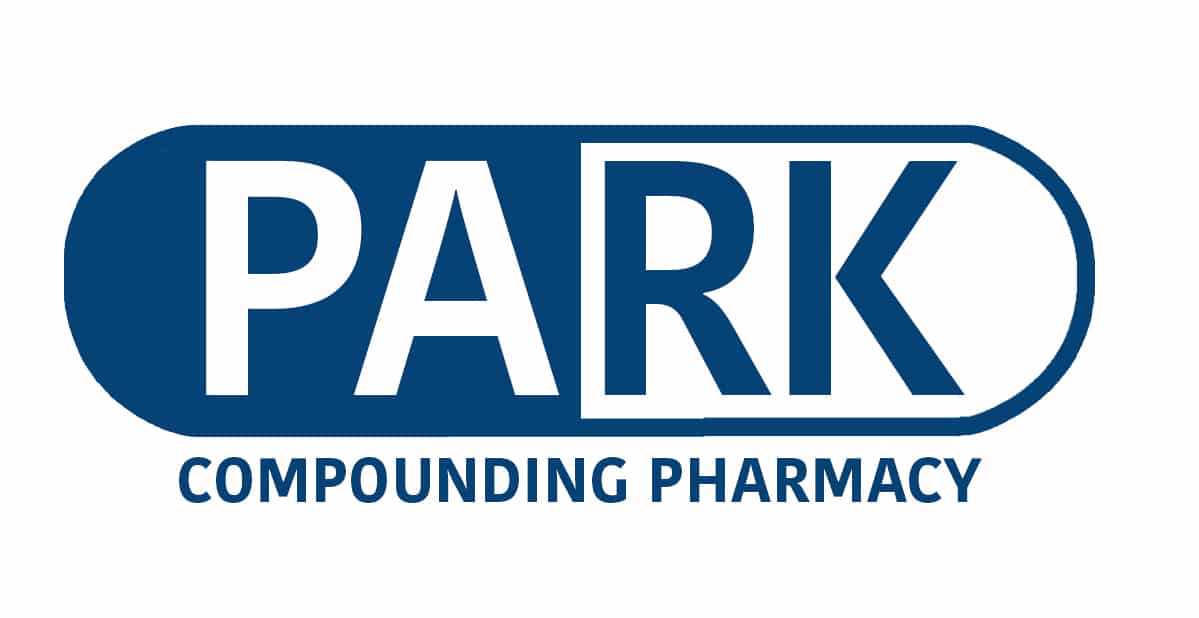Treatment for Autism Spectrum Disorder (ASD) most often involves behavioral therapy complemented by medicine. Drugs used to treat autism are usually prescribed off-label for hyperactivity, anxiety, and irritability. There are several medicines available, including glutathione and low dose naltrexone that have shown promise as effective treatments for autism and are also well-tolerated. While these medications have not undergone rigorous testing, small initial studies have recommended further research into their effectiveness. Doctors have been using some of them for years as adjunct treatments to behavioral therapy.
Using Medicine to Treat Autism
There are no FDA-approved medicines that treat all aspects of autism. Risperidone and aripiprazole – two FDA-approved drugs for autism – both treat irritability, which can also help with socialization and communication. However these are the only drugs approved right now that have indications for autism and they may not help every individual. In most cases medications are prescribed off-label that have indications for other uses such as anti-anxiety medications, stimulants, and antipsychotics.
While these medications can be useful, they often have undesirable side effects. There are some alternative medicines available now that have fewer side effects and have been proven to benefit patients with autism. Recent studies have shown that glutathione, low-dose naltrexone, and oxytocin may be effective treatment options for autism with minimal side effects.
The best way to go about testing the effectiveness of a medicine to treat autism is to try only one at a time. In this way it can be determined which ones are working and which ones are causing problems. Even though medicines can provide improvement in challenging behaviors, they will not cure autism. If a medicine is effective, it likely will continue to be used long-term. This makes cost another important factor in decisions about medicine for autism.
Low Dose Naltrexone
A 50mg dose of naltrexone is FDA-approved for treating opioid and alcohol addiction. At a lower dose of 0.5-4.5mg, the drug is referred to as “low-dose naltrexone” and it has been studied in the treatment of a variety of conditions. In treating autism it most often is prescribed in doses ranging from 0.5mg-2mg in capsule form. For patients with autism, low-dose naltrexone may reduce repetitive and self-injurious behavior, hyperactivity, and irritability. It has been used as an alternative treatment for many years, and multiple studies have confirmed that LDN is effective, especially in reducing self-injurious behaviors. One review of the literature on novel and emerging treatments for autism graded naltrexone in the highest category for demonstrated effectiveness in trials. Low dose naltrexone is also an affordable medication and most families can afford the monthly cost even without insurance.
Glutathione
Children with autism have lower levels of glutathione – an essential antioxidant that helps clear free radicals from the body. Autism is associated with a decreased ability to detoxify the body that may be due to diminished glutathione levels. Supplementation with glutathione can improve the body’s antioxidant defenses. Orally administered glutathione does not metabolize well and will not raise levels significantly; however a nasal spray has been shown to increase levels of glutathione in the brain in Parkinson’s patients. Gluathione supplementation is used for many conditions associated with a diminished level of this essential antioxidant, including for neurodegenerative diseases, Crohn’s, and immune diseases.
Oxytocin
Individuals with autism who have low oxytocin levels may benefit from supplementation with oxytocin nasal spray. Especially for those with low levels of oxytocin, supplementation can lead to improvements in Social Responsiveness Scale (SRS) scores. In a double-blind, randomized, placebo-controlled clinical trial investigating oxytocin to treat children with autism, it was found that oxytocin nasal spray significantly improved SRS scores. In the majority of cases it was well-tolerated with no significant adverse effects. Oxytocin nasal spray may help improve the ability to determine affective mental states of other people and comprehension of affective speech.
Complementary Autism Treatments and Compounding
LDN capsules and glutathione and oxytocin nasal sprays are not available commercially and must be obtained from a compounding pharmacy. In some cases, like with LDN, a drug never becomes FDA-approved simply because it has no profit potential as a manufactured product. A compounding pharmacy is able to provide these medications for doctors who prescribe them based on their own clinical experience and the growing amount of research that supports their effectiveness.








This is a great find! I am bringing this site to my autistic sons doctor asap.
Patrice Hunter